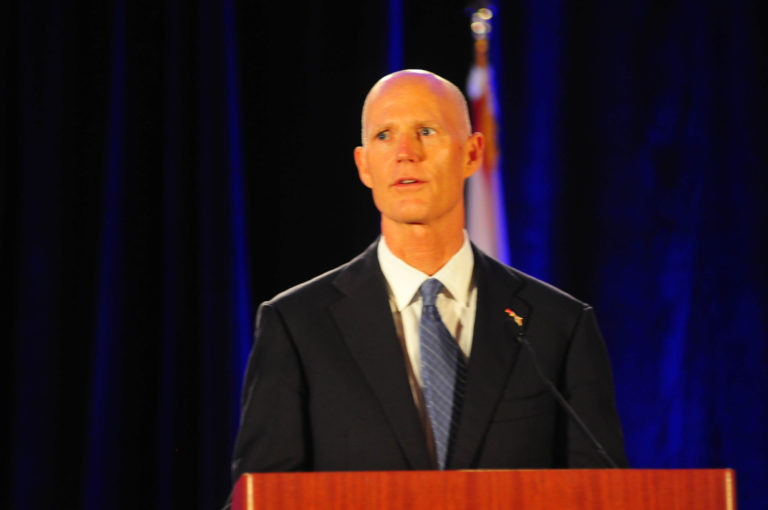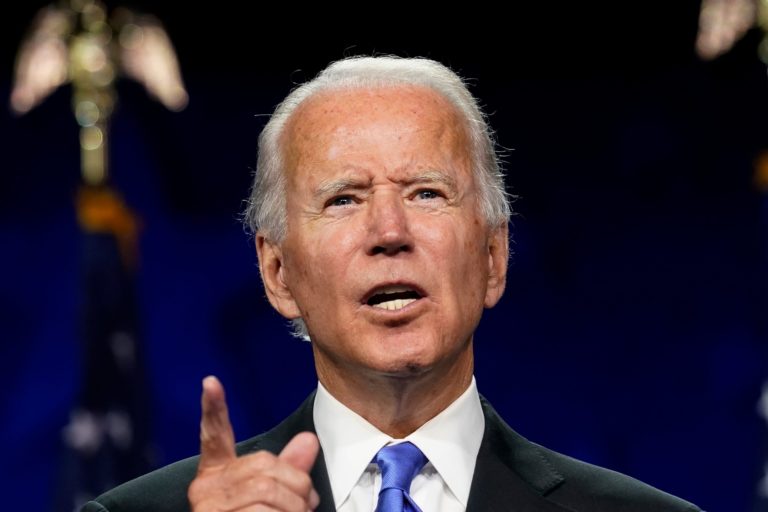The Regulations from the Executive in Need of Scrutiny (REINS) Act is making its way through the U.S. House of Representatives, and members of Congress are sharing their takes on why this reform is needed.
One such member was bill sponsor Rep. Kat Cammack (R-FL), who spoke on the House floor to share what she is hearing from the men and women she represents and the runaway bureaucracy that needs to be reined in. She also included a reference to Opportunity Solution Project’s partner organization, the Foundation for Government Accountability.
“During his first two years in office, the president added more than $400 billion in new regulatory costs to our economy. The American Action Forum found that the new rules in his first two years required 193 million hours of compliance paperwork. That is 193 million hours to comply with new regulations from nameless, faceless bureaucrats who are accountable to no one.
“According to the Foundation for Government Accountability, regulations cost Americans $2 trillion a year in compliance costs, economic losses, and other expenses, Mr. Speaker. These costs are due to the ever-increasing regulatory actions that lack proper accountability by Congress. It is beyond time for Congress to reassert its role by placing new checks on regulatory actions that negatively impact Americans from all walks of life.”
“The argument that I hear from my colleagues on the Left is that this bill would eliminate the expertise that these nameless, faceless bureaucrats bring. However, I have spoken to thousands of businessowners, industry experts, who are continually having to navigate the regulatory regime at the hands of bureaucrats who have never once worked a day in the private sector, never once having worked a day on any of their operations. This bill does nothing to eliminate expertise within the executive branch. What it does do is give proper oversight authority to Congress, specifically through the regulatory process.”
Rep. Andy Biggs (R-AZ):
“We have a regulatory environment [that] has essentially created a fourth branch of government.” “Now is the time for Congress to regain control of agencies, which we have too long negligently delegated our lawmaking authority to.”
“I want the agencies to have to earn our support. I want to challenge them to write rules that fill needs, that spend taxpayer money wisely and efficiently. I want them to be constrained. I want them to think critically about their rules and I want the president to want congressional support for substantial actions by his or her agencies.”
Rep. Harriet Hageman (R-WY):
“A typical American spends more on embedded regulation costs than on health care, food, transportation, entertainment services, or savings. [President] Trump’s total of 2,964 final rules in 2019 was the lowest count since records began being kept in the 1970s and is the only tally below 3,000. During calendar year 2021, while agencies issued 3,257 rules, Congress enacted only 143 laws. Thus agencies issued 23 rules for every law enacted by Congress. …the reality is that we are not being governed by the legislative branch.”
Rep. Dan Bishop (R-NC):
“One reason that Congress can’t do its job is because it has handed over its job to others to do. If the circumstances were different and Congress were in a position to be necessary to achieve those results, Congress would change its practices in order to get there.”
Rep. Thomas Massie (R-KY):
“Our constituents didn’t elect us to come here and eat fancy dinners and go from one fundraiser to the next, take lavish trips, and rub elbows with important and famous people. They sent us here for one job: Pass laws or, in some cases, repeal laws. Set the rules under which they will live under, and then we are accountable every two years. …They have no such choice with bureaucrats. Our Founders didn’t set this system up for bureaucrats to make the laws.
“Excessive regulation stifles economic growth, hurts small businesses, and raises consumer prices. In fact, much of the inflation that we see in the sectors of food and energy is due to overregulation. It is vital that Congress act to reduce our regulatory burden now, which raises consumer prices, reduces wages, and costs jobs. I think the American people watching this debate are somewhat vexed that the other side of the aisle says we need to give up more power to the executive branch when they sent us here to do something, and they wonder why we are so feckless so often.”
Rep. Chip Roy (R-TX):
“The only constitutional infirmity is the extent to which we are allowing bureaucrats to make up the law and make up policies without being checked by the branch represented by the people in this body and in the Senate to check them under our Constitution.”
“…We have the REINS Act trying to restrict the power of the executive branch so we can stop things like a half-trillion-dollar student loan bailout, which [Former Speaker] Pelosi said the president ‘does not have that power. That has to be an act of Congress.’ …the REINS Act is necessary, and I support it.”
Rep. Jeff Van Drew (R-NJ):
“I’ve served at every level of government…I talk to a lot of people…and there aren’t a lot of people who think the regulatory process is great. Dentists and doctors aren’t saying I love the way that they’re regulating me because it’s really helping patients, because it isn’t. Small businesses aren’t feeling that way…We do have a responsibility in Congress.”
Rep. Tom McClintock (R-CA):
“All legislative powers herein granted are vested in a Congress of the United States, not some of the legislative powers, all of those powers. Congress makes law but cannot enforce it. The president enforces law but cannot make it. And an independent judiciary resolves its disputes. The founders wanted every law to be made by representatives of the people who were accountable to the people.”



